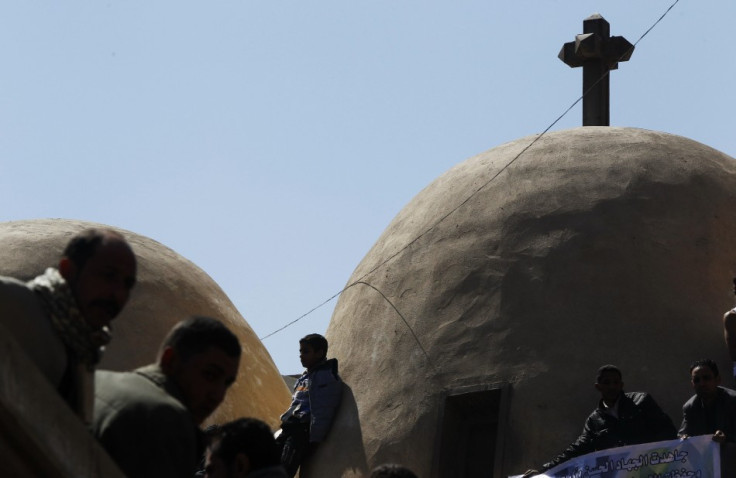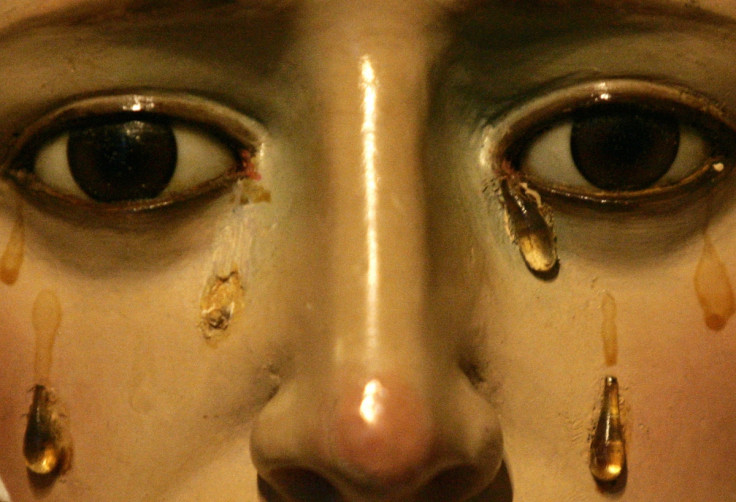Ancient Christian oracle book 'Gospel of the lots of Mary' deciphered

An ancient Christian oracle book containing the previously unknown 'Gospel of the lots of Mary' has been deciphered by a Princeton professor.
The book, which dates back about 1,500 years, served as a very early Magic 8 Ball, providing guidance and encouragement to people seeking help for their problems, Live Science reports.
Religion professor Anne Marie Luijendijk had been studying the text when she realised it contained a previously unknown gospel.
Written in Coptic – an Egyptian language – the opening reads: "The Gospel of the lots of Mary, the mother of the Lord Jesus Christ, she to whom Gabriel the Archangel brought the good news. He who will go forward with his whole heart will obtain what he seeks. Only do not be of two minds."
Luijendijk initially thought she would be deciphering a narrative of the life and death of Jesus, as is the case of most gospels. Instead, she found herself deciphering cryptic pieces of advice that would have been used by the owner of the book and others seeking help with problems.
The book contained a series of 37 oracles. Luijendijk said a person seeking help would have gone to the books owner and asked a question. They then would have randomly selected one of these oracles to find a solution – the oracle picked could be interpreted to fit in with the problem.
Examples include: "You know, o human, that you did your utmost again. You did not gain anything but loss, dispute, and war. But if you are patient a little, the matter will prosper through the God of Abraham, Isaac, and Jacob."
Another reads: "Stop being of two minds, o human, whether this thing will happen or not. Yes, it will happen! Be brave and do not be of two minds. Because it will remain with you a long time and you will receive joy and happiness."

Luijendijk said the book was used to try to predict a person's future, with the interpretation of gospel being "good news", rather than pertaining to the life of Jesus.
She told Live Science: "The fact that this book is called that way is very significant. To me, it also really indicated that it had something to do [with] how people would consult it and also about being [seen] as good news."
It is thought the book could have been used at the Shrine of Saint Colluthus in Egypt.
Saint Colluthus is an Egyptian saint who was martyred in the 3rd century. He was a doctor who treated the sick for free. He was killed for defending Christians.
Luijendijk notes that the books small size could indicate it had to be concealed – many church leaders were not in favour of divination. Whatever its history, however, she said it "clearly has been used a lot".
© Copyright IBTimes 2025. All rights reserved.






















